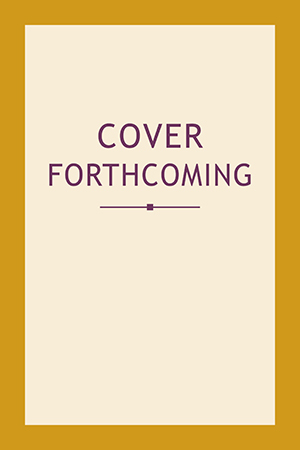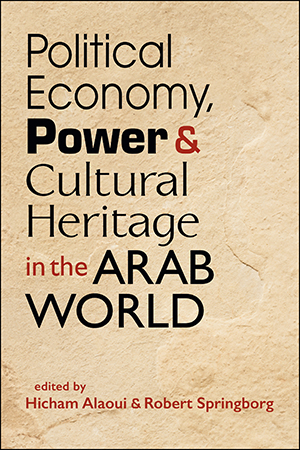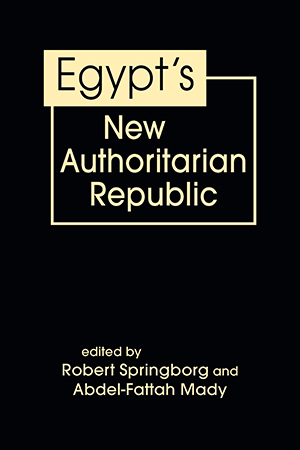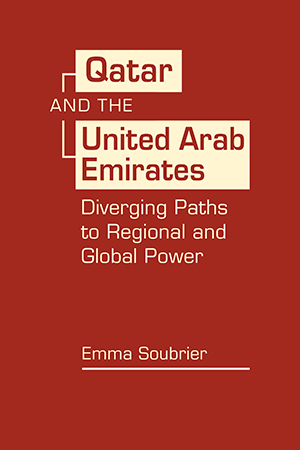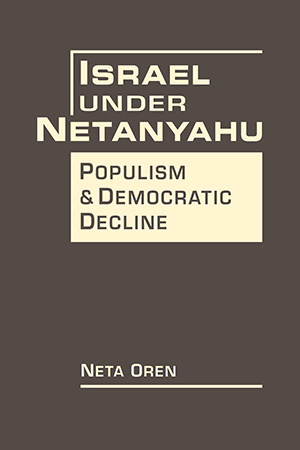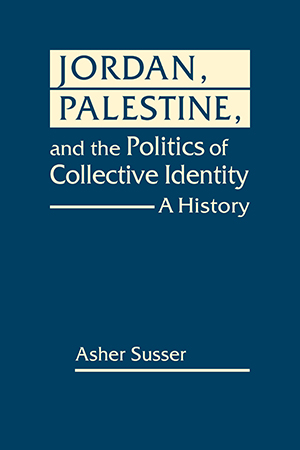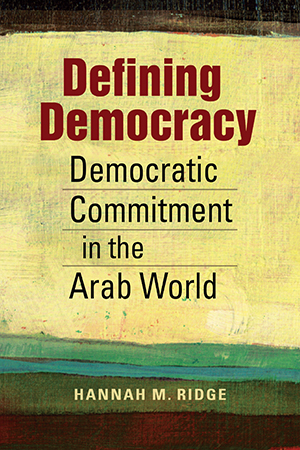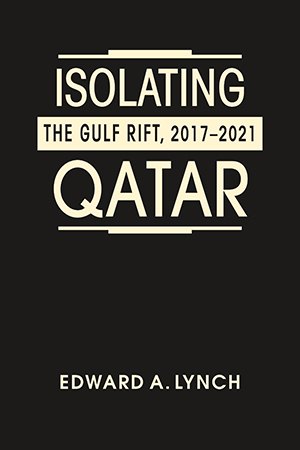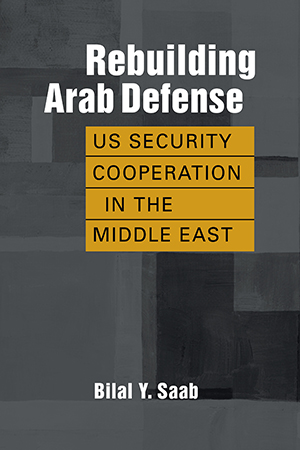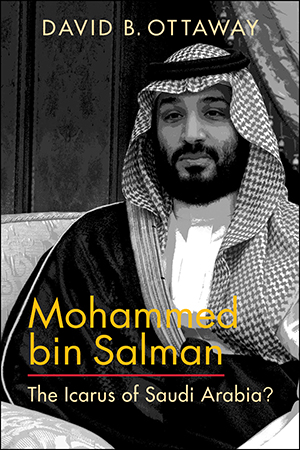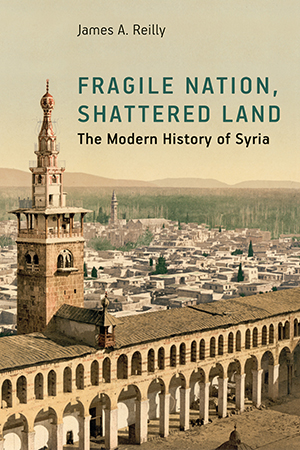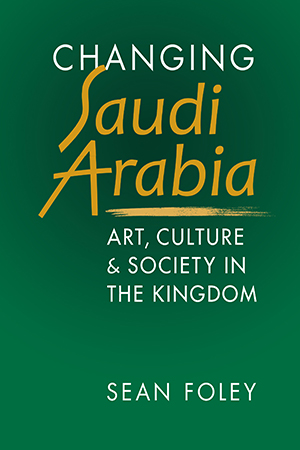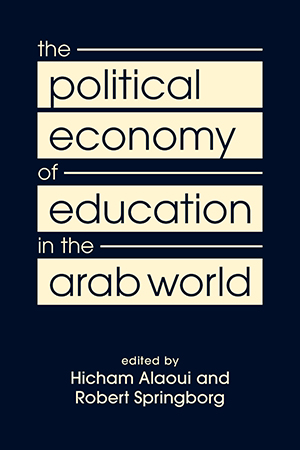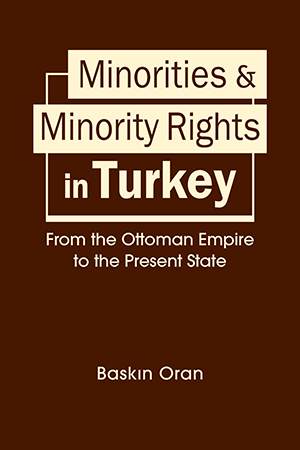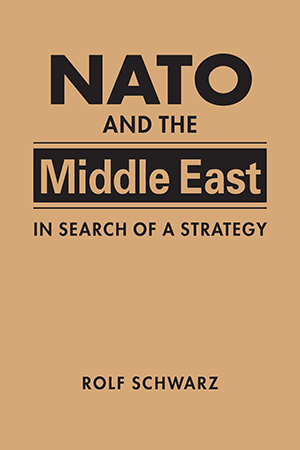Middle East Politics
With hardening authoritarianism and state capture by militias exacerbating the challenges faced by providers of development and political aid across the Middle East and North Africa, how can More >
The authors of this groundbreaking, multidisciplinary collection are concerned with the growing politicization of cultural heritage in the Arab world. Adopting the unifying concept of More >
Egyptian President Abd al Fattah el-Sisi has sought to create a "New Republic," a stronger, more authoritarian state capable of positively transforming Egypt's polity, economy, More >
In the years following the turmoil of the Arab Spring, Qatar and the United Arab Emirates jockeyed for power, becoming significant forces—and rivals—in regional politics. Emma More >
Discussions of democratic backsliding typically include examples from Hungary, Poland, Turkey, and even the United States, but rarely a mention of Israel. Neta Oren asks: Should scholars More >
In a sweeping narrative, Asher Susser traces the evolution of Jordanian politics through the prism of the kingdom's policies toward Palestine and the Palestinians. Susser shows how More >
The Middle East and North Africa comprise by all measures one of the least democratic regions in the world. At the same time, decades of research show robust support for democracy among MENA More >
In June 2017, Bahrain, Egypt, Saudi Arabia, and the UAE announced a comprehensive boycott of Qatar. Diplomatic ties were severed, trade was banned, and airspace was closed. Qatari nationals More >
After decades of US military assistance in the Middle East—providing expensive weapons systems and conducting military exercises—why are the military capabilities of US allies in More >
Mohammed bin Salman. A monarch-to-be without scruples? Or a visionary seeking a path to global power? A social reformer determined to bring his country into the twenty-first century? Or just More >
How did the lands that are today Syria survive the vicissitudes of centuries of Ottoman, Egyptian, and French rule, only to stand in ruins today, shattered by a brutal civil war? To provide More >
T. E. Lawrence once observed that Saudi Arabia had "so little art" that it could "be said to have no art at all." Whether that was once the case is arguable. But that it More >
Despite substantial spending on education and robust support for reform both internally and by external donors, the quality of education in many, if not most, Arab countries remains low. More >
The collapse of the multiethnic, multireligious, and multilingual Ottoman Empire after World War I led to the establishment of several nation-states, with enormous repercussions for the More >
Over the course of more than seven decades, NATO has sought, but not settled on, an effective strategy for interacting with its neighbors in the Middle East and North Africa. Rolf Schwarz More >


